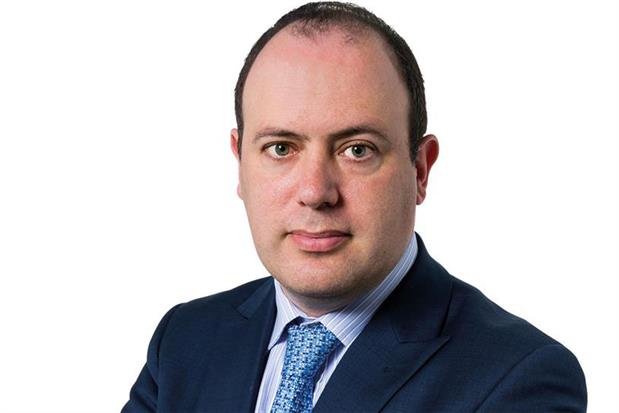The new, as-yet-unnamed chief executive of ITV can take Love Island’s record ratings and online views as proof that young people still love telly.
If only ad revenues were holding up as well in a post-Brexit world – the TV ad market is facing a decline of 5% or more in the UK this year.
Autumn is looking soft for the second year in a row with September, which was the first bad month after last year’s EU referendum, at risk of another sharp drop. But the woes of UK plc shouldn’t distract from the big picture.
Broadcast TV’s obituary has been written many times before and been proven wrong. TV – commissioned, curated and, yes, regulated to high standards – is still the prime entertainment medium of our age.
It’s why 21st Century Fox is buying Sky and why Apple and Facebook want a slice of the TV content market, even if their method of distribution and delivery is online.
Apple’s decision last month to recruit two of the hottest executives in US TV, Jamie Erlicht and Zack Van Amburg, who used to work for Sony Pictures International and were behind Netflix’s The Crown, has made everyone in the business take notice.
Talk of TV enjoying a new golden age may be overblown but there has never been a better time to make high-end drama or to watch it.
But for advertisers this is a worrying time, even though addressable TV allows personalisation. Subscription services such as Netflix and Amazon are ad-free and that has already prompted some US broadcasters to cut their ad load. What’s fascinating is imagining where video – and video advertising – goes next in a mobile world. The YouTube brand-safety row has only underscored how a lot of user-generated content is worthless.
Jeffrey Katzenberg, founder of the Dreamworks movie studio, believes the time is ripe to create a new form fit for mobile and is seeking investors.
Cinema and traditional TV aren’t going to die, he says. Instead, he is pushing snackable content with episodes that are seven minutes long, almost like a Victorian novel but with Hollywood-style budgets of up to $200,000 a minute.
Scott Hagedorn, global chief executive of Hearts & Science, expresses similar sentiments as an ad man who feels the 30-second spot doesn’t work in online video. "We’re still in a period of trying to force-fit ‘legacy’ TV into mobile," he says, wondering if online video might actually drive "negative reach" by turning off consumers.
So far no-one’s invented a medium better than TV.
Gideon Spanier is the head of media at 北京赛车pk10.
gideon.spanier@haymarket.com



